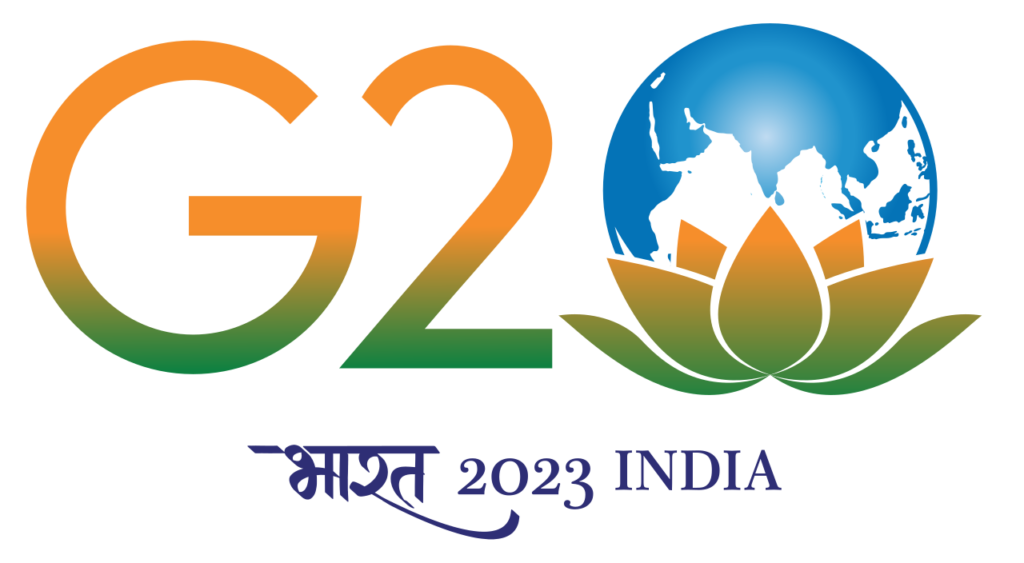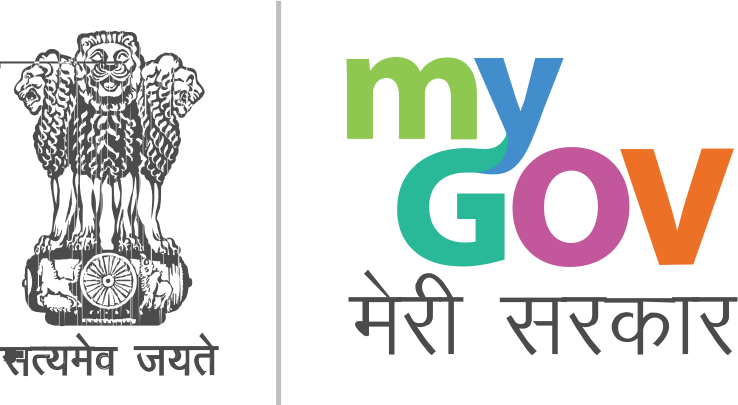Introduction:
In today’s modern society, courts and legal services play a crucial role in resolving disputes and maintaining justice. These institutions are responsible for adjudicating conflicts, upholding the law, and providing legal representation for individuals and entities.
This document aims to provide a comprehensive overview of courts and legal services, highlighting their functions, jurisdictions, and procedures
Courts:
Courts are legal institutions that hear and determine cases involving legal matters. Think of courts as a pyramid, with the highest court at the top and various levels below it.
Each level handles specific types of cases, from traffic tickets to multi-million dollar contracts. Courts are the places where judges hear cases and make decisions based on the evidence and arguments presented by the parties.
They are established and regulated by governments to ensure fair and impartial resolution of disputes. Courts enforce laws, interpret legal provisions, and resolve conflicts through legal processes.
Types of Courts:
There are different types of courts, depending on the nature and jurisdiction of the case. Some common types of courts are:
Supreme Courts: The highest judicial authority in a nation or region, responsible for interpreting laws and settling disputes of significant importance. This prestigious court hears only the most significant cases, typically involving constitutional questions, major national disputes, or appeals from lower courts.
High Courts: The court that has jurisdiction over a state or a union territory. Think of High Courts as powerful regional champions, each overseeing a group of lower courts within their jurisdiction. They handle serious crimes like murder, complex civil disputes like property rights, and appeals from lower courts.
District Courts: Courts with jurisdiction over specific geographic areas and hear cases within their jurisdiction. It deals with civil and criminal cases, such as family disputes, property matters, contracts, offenses, etc. Located in various districts, they offer convenient access to justice for residents.
Specialized Courts: Beyond the usual suspects, courts are catering to specific needs like juvenile courts for minors, family courts for domestic matters, and commercial courts for business disputes. These courts understand the unique dynamics of their areas and handle cases accordingly.
Tribunal: A specialized court that deals with specific matters, such as tax, labor, consumer, environment, etc. It usually has a panel of experts and follows a simpler procedure than regular courts.
Legal Services:
Legal services encompass a broad range of activities aimed at assisting individuals in navigating the legal system. This includes legal advice, representation, and various forms of alternative dispute resolution.
Access to justice is a fundamental principle, ensuring that everyone, regardless of their economic status, can seek and obtain a fair resolution to their legal issues. Lawyers represent clients in various legal cases, providing legal advice, negotiating settlements, and advocating for their rights.
Litigation is also a legal service in the process of representing a client in a court case, either as a plaintiff or a defendant. It involves filing a suit, presenting evidence, cross-examining witnesses, making arguments, and appealing if necessary.
Law firms specialize in areas such as corporate law, intellectual property, and contract law, advising businesses on legal rights and obligations. Lawyers specializing in real estate assist with property transactions, leases, and disputes related to property ownership.
Functions of Courts:
Courts play a crucial role in maintaining order and ensuring justice within a society. Their functions can be broadly categorized into several key areas:
Courts have the power to interpret and apply laws, determining whether actions or behaviors are legal or illegal. In criminal cases, courts determine guilt or innocence and, if applicable, impose punishments.
This function serves to protect society by holding individuals accountable for unlawful actions. Courts uphold the principle that a person is innocent until proven guilty, ensuring fair and just proceedings.
Courts provide a forum for resolving disputes between individuals, businesses, or governments. Courts manage cases, schedule hearings, maintain records, and enforce court orders. In the event of dissatisfaction with a court’s decision, the option of appeal exists. Appellate courts, often higher in the judicial hierarchy, review decisions made by lower courts to ensure legal accuracy and fairness.
These courts have the power to affirm, reverse, or modify judgments, providing a crucial check on potential errors. Courts have jurisdiction over both civil and criminal matters, ensuring justice for victims and offenders. Courts provide mechanisms for appealing decisions and seeking review of actions taken by lower courts.
Conclusion – As we all know, the Jan Seva Kendra is a government initiative that aims to provide legal services to the public. It is a one-stop-shop for all legal services, including CSC registration and Sahaj Mitr registration.
The Kendra provides a wide range of services, including legal advice, document preparation, and filing. It also offers services such as pan card, aadhar card, voter ID, and passport applications. The Kendra is an excellent resource for those who need legal assistance but cannot afford it. It is a great way to get legal help without having to spend a lot of money. If you need legal assistance, consider visiting your nearest Jan Seva Kendra.


